I don’t know about you, but the recent pandemic has really sparked my inner wanderlust. My hope to drop everything and embark on some tantalising culture shocks this summer will no doubt have to be put on hold, but I can still plan my budget-driven trip around South East Asia, can’t I? In fact, now I have time to revamp my journey into one that’s more exciting and also more guilt-free!
2017 stands as the International Year of Sustainable Tourism for Development by the United Nations. Here are some tips on how to keep the sustainability flame alive on your next adventure…
Avoid the runway.
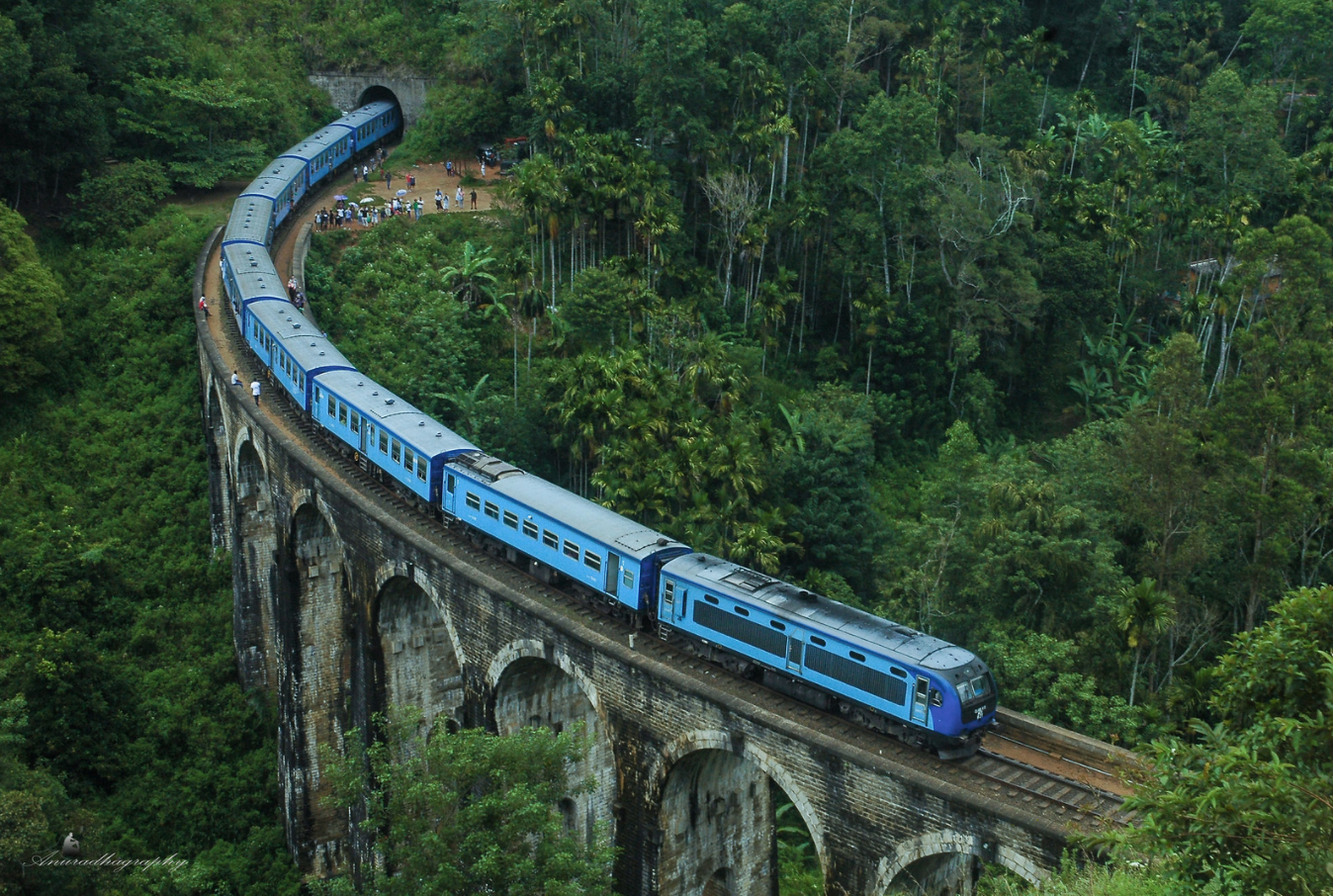
The first step to embrace your inner Thunberg will be choosing your travel options carefully. The aviation industry is one of the most fuel guzzling industries out there, so consider taking the road or railway.
Of course, if BBC One’s ‘Race Across the World’ didn’t convince you to trek those lengthy routes by land, flying is probably your only option. In this case, fly less and take the shortest route possible.
A plane releases most of its emissions on take-off and landing so the fewer stop-offs the better! And ditch the first-class ticket. It’s more expensive and is expected to spew four times the carbon emissions than the standard economy flight.
Eco stays.

You can do better than your bog-standard party hostel, average Airbnb or industrial sized spa resort.
If you’re prepared to cough up a bit, you might find yourself living among the Swedish treetops in a secret hideaway or hidden in a renovated cave within the Cederberg Mountains of South Africa. If you want to be even more creative with your accommodation, try out the impressively refurbished Boeing 727 found deep within the Costa Rican jungle.
To keep things on the cheaper side, stay with the locals, hit up the camper van lifestyle or even live with a tribe.
Do your research if you plan to immerse yourself in the native lifestyle. Where possible, organise your stay through local social enterprises like Vietnam based ‘Sapa Sisters’ or ‘Sapa O’Chao’. Large, westernised organisations often drain money out of the local area so aren’t very sustainable despite what their websites say.
Steer clear of plastic.
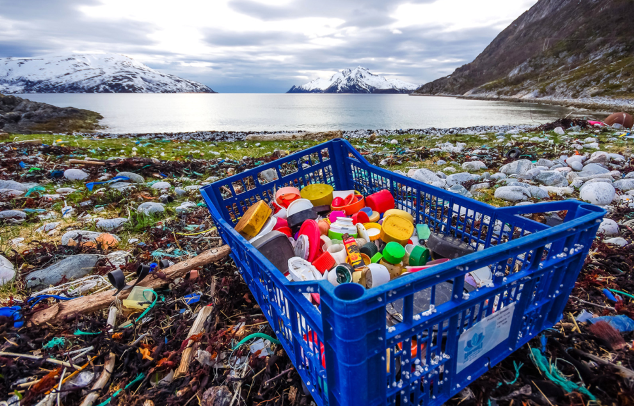
Just say no.
The ‘Great Pacific Garbage Patch’ portrays the aftermath of a world addicted to plastics – a mass of single-use material circulating the ocean causing havoc and distress for marine life and beyond. Need I say more?
Instead, pack responsibly. From obvious items like reusable water bottles and soap bars to things a little more obscure: Bamboo utensils, biodegradable dental floss, a solar powered phone charger.
Ethical animal experiences only please.
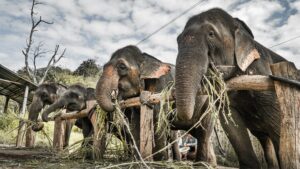
They might be the world’s largest land mammal, but could you refuse the opportunity to meet such fun-loving mud enthusiasts? I couldn’t.
Elephant riding is a big business in places like South East Asia. But these days, posing 6 feet in the air, reigns in hand and an elephant saddle as your support will not digest well with the Instagram generation – ahem, Kim K.
If you get the chance to jump on the animal experience band-waggon, visit nature parks and rehabilitation centres. Take part in marine conservation projects and never ever buy wildlife products.
Work your way around the world.
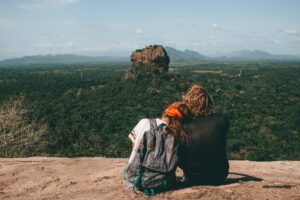
Not for the likes of some but if you’re looking to meet new people, locals and like-minded travellers, then dishing out your CV and enriching it abroad might be one for the bucket list.
I don’t mean dig out your suits and get on the first flight to Wall Street, New York. Browse websites like ‘World Packers’ and ‘WWOOF’ to find some valuable on-the-go work that revolves around sustainability.
Organic farms, green hostels, eco villages, they usually rely on volunteers to thrive. In return, you’ll get a bed, traditional local meals and a lifetime of stories.
Support the local economy.
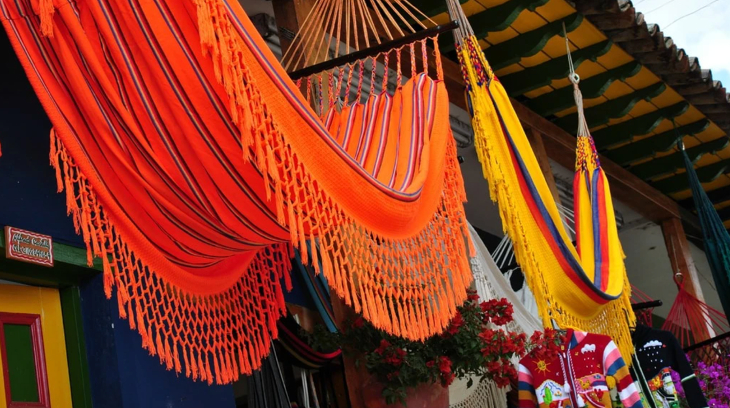
Particularly if you’re visiting a developing country, think carefully about where you spend your cash.
Many countries offer splendidly unique artisan crafts that you can purchase as souvenirs, like the myriads of handwoven hammocks from Northern Colombia. But don’t fall for the cheapest available product.
If you can, pay more for the real thing and your money will support a community of locals. Pay less and don’t be surprised if your souvenir was sourced through an unethical supply chain, manufactured somewhere outside of the country border.
For the essential buys, supermarkets are often stocked with imported luxuries to satisfy tourists. While you may find comfort in the brands that you’re familiar with, ask around for the nearest farmer’s market to experience and support local agriculture and its workers.
This is a timely moment to reconsider the way we practise tourism. And it comes down to a lot of planning and responsibility.
If you find yourself planning your next holiday any time soon, get creative and bear in mind these eco-conscious tips.
Happy travels!



